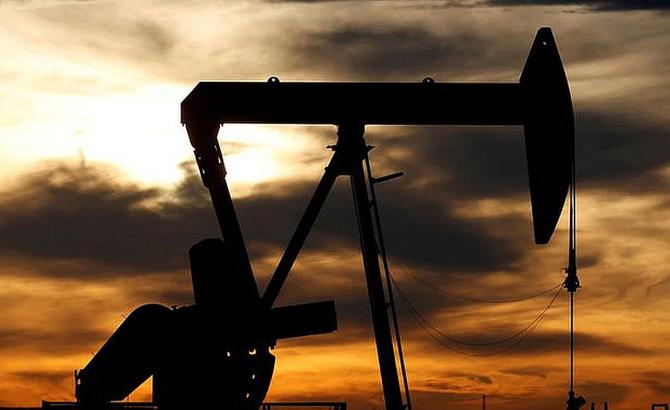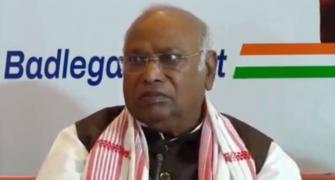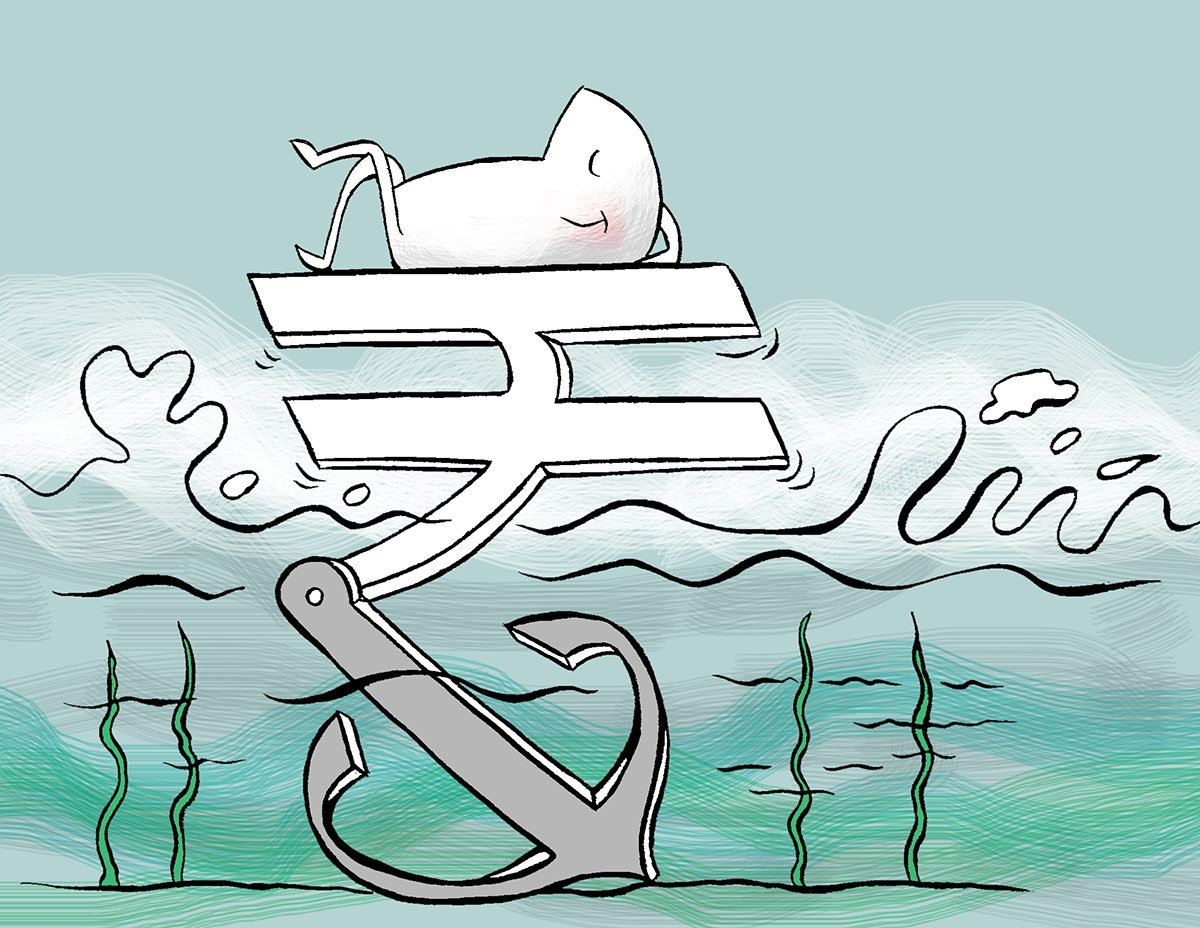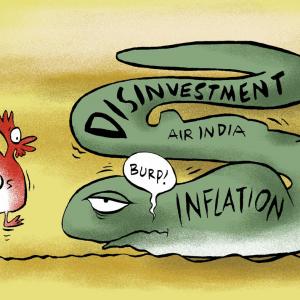The ongoing Hamas-Israel conflict has disrupted India’s efforts to gain from a recent fall in crude oil prices.

Since Hamas’ invasion of southern Israel on October 7, petroleum has become costlier by around $5 per barrel, threatening to stoke prices and impact growth.
Brent crude was trading at $89.8 per barrel on October 9 (9.15 pm IST), up over 4 per cent, thwarting India’s anticipation of a period of declining oil prices — after the leading global petroleum benchmark declined by around 11 per cent last week.
The price of Brent crude had collapsed by around $12 per barrel -- from $96.6 a barrel on September 27 to $84.6 on October 6, a day before the Hamas attack.
“Oil prices have gone up a bit because the markets are very anxious, but there is no panic--I mean, not yet," said Narendra Taneja, a Delhi-based prominent energy expert.
“However, if it escalates into a full-blown war in the region, then there will be panic, pushing up oil prices," further.
The surge in oil prices is the risk premium in the market.
The region where the conflict is occurring is the centre of global energy, said India’s oil minister Hardeep Singh Puri on Monday.
He expressed confidence that the country would navigate through this.
However, that won’t be easy because India imports over 85 per cent of its crude needs and has traditionally been susceptible to volatility in the oil market.
Strategic crude reserves, which typically aid a nation during wars and calamities, at 39 million barrels provide for only around 7.5 days of India’s crude oil requirement, according to government data.
The growing conflict in West Asia threatens to further impact India’s fiscal and balance of payments position, which was already suffering from surging oil prices since August, and hinder New Delhi’s efforts to control inflation.
The Indian crude oil basket, a mix of Gulf sour and Brent sweet grades, averaged $93.54 a barrel last month.
"While an immediate risk to oil flow as a direct result from the conflict is not foreseen but there is a risk that the conflict may turn into a larger proxy war involving larger global powers which can have a spiraling effect," said Sourav Mitra, practice leader and director, at ratings agency Crisil.
"As far as India is concerned, an increase of $10 per barrel in oil prices can lead to a 45 to 60 basis point increase in CPI." While the loss sharing between OMCs and the government is slightly opaque, one can expect a 10 percent oil price rise to negatively impact India’s growth by 0.09% to 0.11%, Mitra added.
At 4.2 million barrels a day in imports of crude in September, according to market intelligence agency Kpler data, it looked like India would have saved $50 million every day, and around $1.5 billion a month if Brent had continued to remain low in October.
But as of October 9, India will pay around $17 million more every day, and half a billion dollars more on crude imports for the month.
India’s rising import costs are conservative, based on the assumption that the conflict deflates quickly and Brent crude stabilises.
However, ANZ Bank warned in a client note that oil prices will be supported by increasing geopolitical risk in West Asia and will be accompanied by higher volatility.
Earnings at refiners are already looking weak for the July-September quarter, but a crash in oil prices earlier this month gave hope to state-run oil companies that they can make up for lower profits in last quarter by performing better during this quarter (Q3FY24), said a Mumbai-based refiner.
Given the Assembly polls in five states in November and the Lok Sabha election in 2024, the official expects negative marketing margins to continue this financial year because New Delhi will veto any proposed hike in pump prices of petrol and diesel.
“We expect OMC (oil marketing company) results to be operationally weaker for July-September, owing to a sharp fall in marketing gains of petrol and diesel due to the rise in benchmark prices,” said Mumbai-based brokerage Prabhudas Lilladher in a note today.
State OMCs likely have incurred a marketing loss of Rs2-6 a litre at a gross level during July-September 2023 due to high diesel crack spreads in the international market, said Paras Pal, senior analyst at India Ratings & Research.
Israeli Prime Minister Benjamin Netanyahu and his Cabinet have declared a war on Hamas, and launched airstrikes in Gaza.
It is unclear how far this battle will continue, especially considering that what one expected was a short war between Russia and Ukraine has soldiered on for 19 months.
The US is trying to broker a peace agreement between Saudi Arabia and Israel, undermining a deal reached earlier this year between Saudi Arabia and Iran brokered by China.
Saudi Arabia had agreed to increase oil output next year if the Israel deal came through, analysts said. The attack by Hamas is an effort to scupper or at least paralyse the Saudi-Israeli deal, Taneja added.










